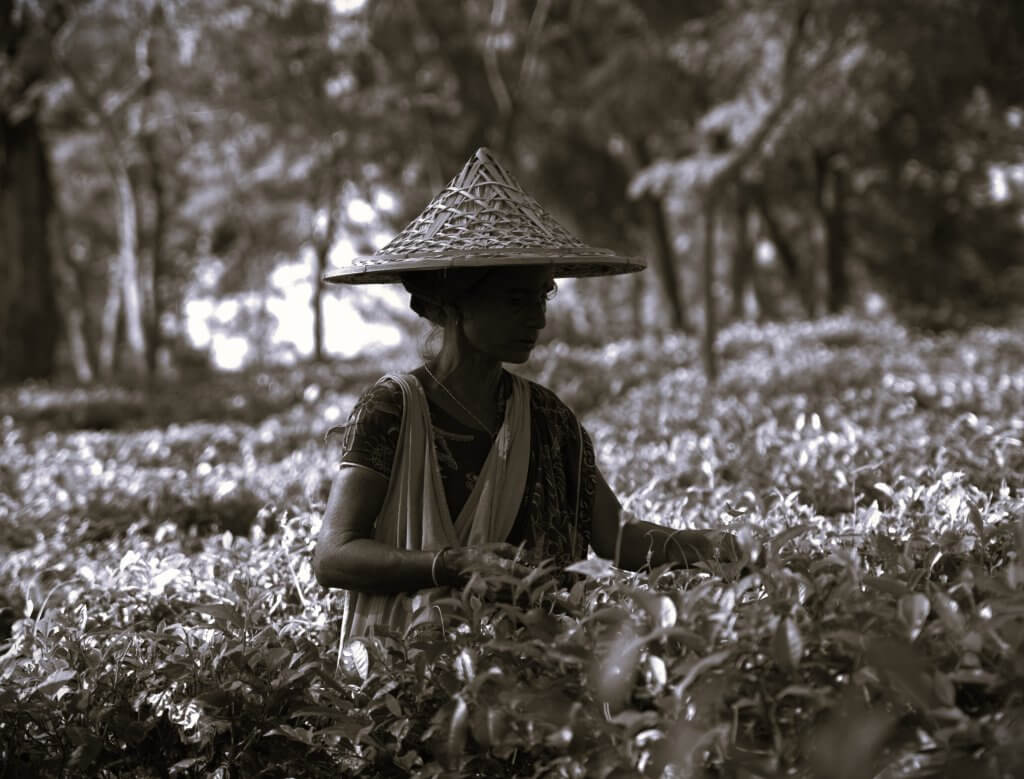Author: Salman A Rahman, Founder & President, HITH Foundation
November 1st
Let me tell you a history you can’t find in your textbooks.
A history that has been hidden from the rest of the world. A history that we, even as Bangladeshis, have ignored, because it doesn’t affect us directly. Because it’s not part of our daily struggle.
But maybe that’s exactly why we need to talk about it.
We speak so easily about justice, human rights, equality, and inclusion, big words that sound good in conversations, on stages, and in social media posts. But when it comes to the tea workers of Sylhet, especially in places like Sreemangal, those words suddenly go quiet. As if their lives don’t count in the stories we choose to tell.
Here’s the truth, the tea workers are not originally from Bangladesh. They were brought here by british colonizers in 1854, during a time of famine, from regions like Odisha, Chhattisgarh, and Jharkhand. They were promised opportunities but brought here as indentured laborers, forced to settle in isolated estates, cut off linguistically, economically, and socially.
That was 171 years ago.
Yes! 171 years. That’s three times older than our own independence. 171 years of systemic exploitation.
The British may have left, but the system they built? It stayed. And we didn’t fix it. We just made it quieter. We made it look cleaner. We polished the exploitation and normalized it.
Today, the tea workers still live on the same land, without owning a piece of it after living here for centuries. They still pick leaves all day, for less than 170 taka ($1.4). They still suffer without proper healthcare, without education, without upward mobility. They are still seen as outsiders in a land they’ve lived in for generations. They are structurally excluded from both local governance and national development agendas.
And the saddest part is, we don’t even notice it.
Sreemangal has become a paradise in our collective imagination, a symbol of beauty and tourism. We post pictures, shoot reels, romanticize the hills and the gardens. We call it “the tea capital of Bangladesh,”. Influencers get their likes, travel blogs get their views, and the tourism industry keeps on growing.
But what about the human cost? what about the people who made those hills beautiful? What about the tired hands, the women bent under the weight of the baskets, the children growing up in silence and systemic deprivation? The families who’ve lived in invisible poverty for generations?
We’ve built a billion dollar tea and tourism economy on their labor, on the backs of people who can’t afford proper meals or medication. And we’ve made them invisible in the process. Absent from policymaking. Forgotten in the mainstream.
Think about it, have you ever seen a tea worker’s child studying at a top private university in Dhaka? Have you ever seen someone from the tea gardens working in a government office, leading a corporation, or sitting at the decision making table for their own land? Have you ever heard of anyone from this community speaking in a ministry meeting, managing a tea estate or shaping national policy?
No.
Okay maybe those are too ambitious to expect in a system that was never built for them. So let’s ask something simpler.
Have you ever seen tea workers protesting in the streets of Dhaka? Demanding their rights? Raising their voices?
Still, no.
Because they’ve never even stepped out of that invisible boundary, the one we built around them and never bothered to break.
Because we’ve never given them the platform, the tools, or the permission to imagine something beyond the estates.
Because we’ve trapped them in a cycle of inherited poverty, a system so normalized that even they have stopped questioning it.
Because we’ve kept their world deliberately separate from ours.
And every time we take a sip of tea, without acknowledging the system behind it, we’re silently facilitating the exploitation process.
And let’s be clear, they don’t need influencers to smile next to them for photos.
They need land rights. They need fair wages. They need healthcare. They need structural reform. They need inguistically accessible governance. They need access to effective education. They need to be part of the policy discourse, not just as beneficiaries, but as stakeholders.
Most of all, they need us to care. To speak up. To advocate for them. To use our platforms. To make sure that development does not leave them behind. To start treating them as part of our story.
So next time you visit Sreemangal, enjoy the beauty, yes. Take your pictures. Enjoy the tea. But don’t forget the people behind it.
Talk about them. Talk with them. Listen to their stories. Advocate for them.
Because beauty without justice is just exploitation in disguise. Beauty without justice is nothing more than romanticized inequality.
171 years is too long. Let’s not wait any longer to see what we’ve been blind to all along. We owe them more than silence.
We owe them change.

